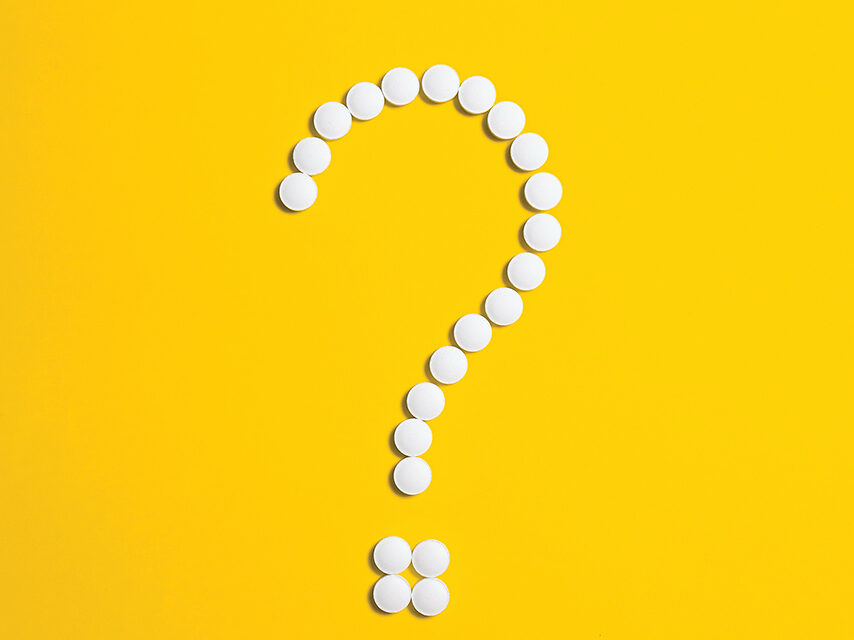Years before the rise of the COVID-19 pandemic, virologists started a quest to find drugs called antivirals that can protect people against emerging coronaviruses. The journey has been slow and failures have been frequent. But with Britain’s authorization this week of Merck’s new drug molnupiravir, and a cash infusion into antiviral R&D, the outlook for these treatments is getting much brighter.
Unlike vaccines that can prevent infection, antivirals act as a second line of defense, slowing down and eventually arresting progression of a disease when infections occur. They’re also important when effective vaccines aren’t available against viral diseases, as is the case for HIV, hepatitis C, and herpes.
But developing antivirals is an expensive and difficult endeavor. That’s especially true for acute respiratory diseases, for which the window for treatment is short. In the case of SARS-CoV-2, the coronavirus that has unleashed the devastating COVID-19 pandemic, researchers have resorted to repurposing old drugs or compounds that were being tested against other diseases.
“That’s typical,” says Katherine Seley-Radtke, a medicinal chemist at the University of Maryland, Baltimore County. “Every time a new virus emerges or an old one re-emerges, you pull out what’s there in the cupboard to see what works.”
So far remdesivir, originally developed by biopharmaceutical company Gilead Sciences for hepatitis C and Ebola infections, is the only antiviral drug approved by the U.S. Food and Drug Administration to treat COVID-19. It must be administered via injection while a patient is in the hospital, although there isn’t consensus regarding its ability to treat COVID-19.
Experts think oral antivirals like Merck’s are set to be the most promising tools to work alongside vaccines at combating the pandemic. Provided they are affordable, antivirals could be especially important among people who remain unvaccinated either out of choice or due to limited access and economic constraints.
“People don’t mind taking pills,” Seley-Radtke says. “You can stockpile them. You don’t need specifical conditions to store them. You can ship them all across the world.”
In June 2021 President Joe Biden announced an investment of more than a billion dollars to advance the development of antivirals for COVID-19. As part of the same plan, he also promised an additional $1.2 billion in funding toward discovering new compounds that can treat SARS-CoV-2 as well as other emerging viruses with pandemic potential.
“Finally, the government and funding agencies are taking it seriously,” Seley-Radtke says of antiviral development. “We cannot continue to sit back and wait for the next pandemic to occur. We have to be proactive. We have to be prepared.”
As of now, there are a handful of other experimental antivirals in early stages of clinical trials, and at least a few others might join the list.
“We’re experiencing an opportunity to test antivirals for an acute respiratory disease unlike any we’ve ever had,” says Sheahan. “Getting antivirals approved is worth celebrating. Getting more than one approved for a single disease will be even more amazing.”








